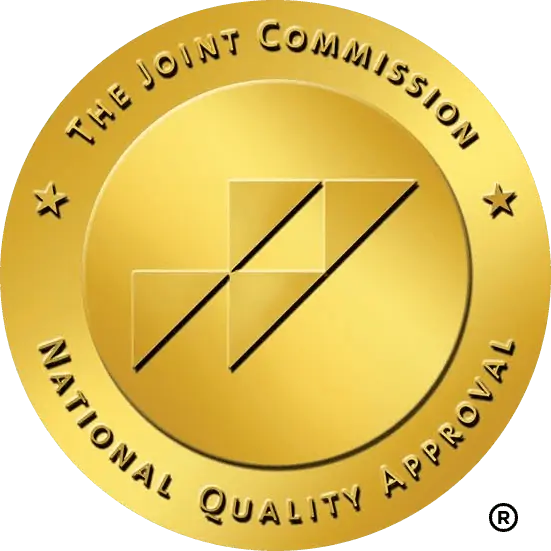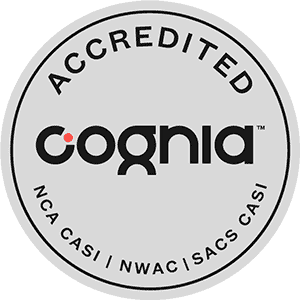Turning Winds: A Different and Better Approach to Teen Mental Health

Changing Your Life at Turning Winds As a teenager, Kendrick was struggling with serious mental health issues. He wasn’t stable enough to stay at home and his psychiatrist recommended a long-term facility. After briefly receiving treatment at a facility in Florida, Kendrick came to Turning Winds. We offer a full continuum of care for teens […]
Comprehensive Care for Mental Health & Substance Use
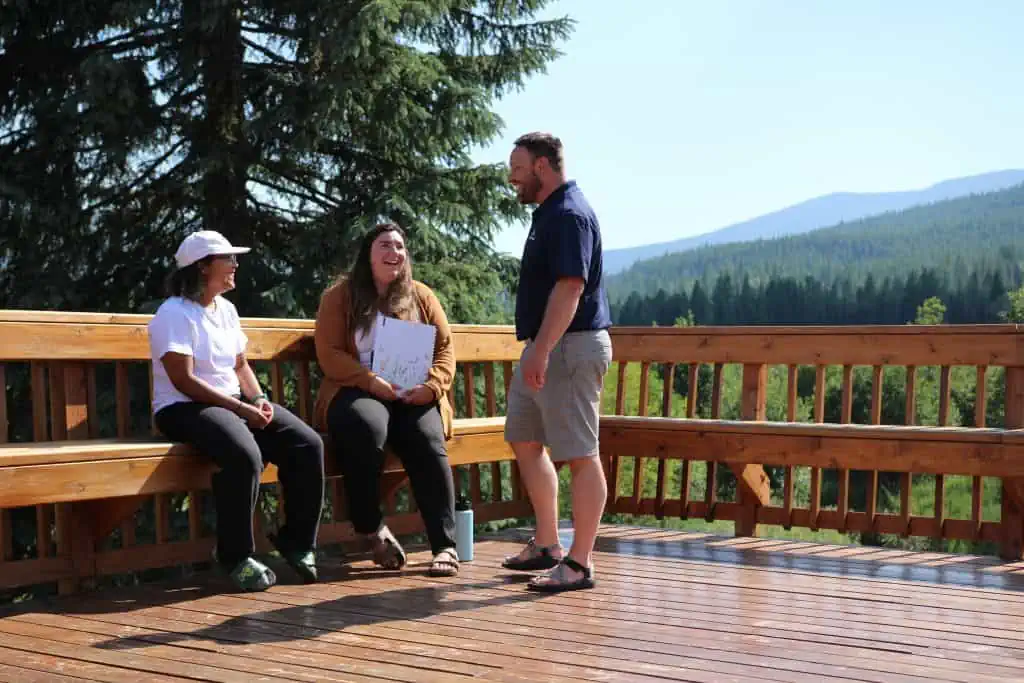
“Every day brings more evidence that our nation’s youth are facing a mental health crisis: rates of depression, anxiety, and suicidal thoughts among young people are on the rise, and so are adolescent deaths from drug poisoning,” warned Surgeon General Vivek Murthy and the Director of National Drug Control Policy Rahul Gupta in July in […]
Teen Rehab: A Parent Guide to Effective Support and Recovery

Guiding Your Teen Through Rehab: A Parental Support Handbook This quote rings especially true for parents with a teenage child undergoing alcohol or drug rehabilitation. The emotions you feel as a parent are deeply intertwined with your child’s experiences and actions. “The road to recovery is a bumpy path with lots of twists and turns, […]
Three Main Responsibilities in Treatment
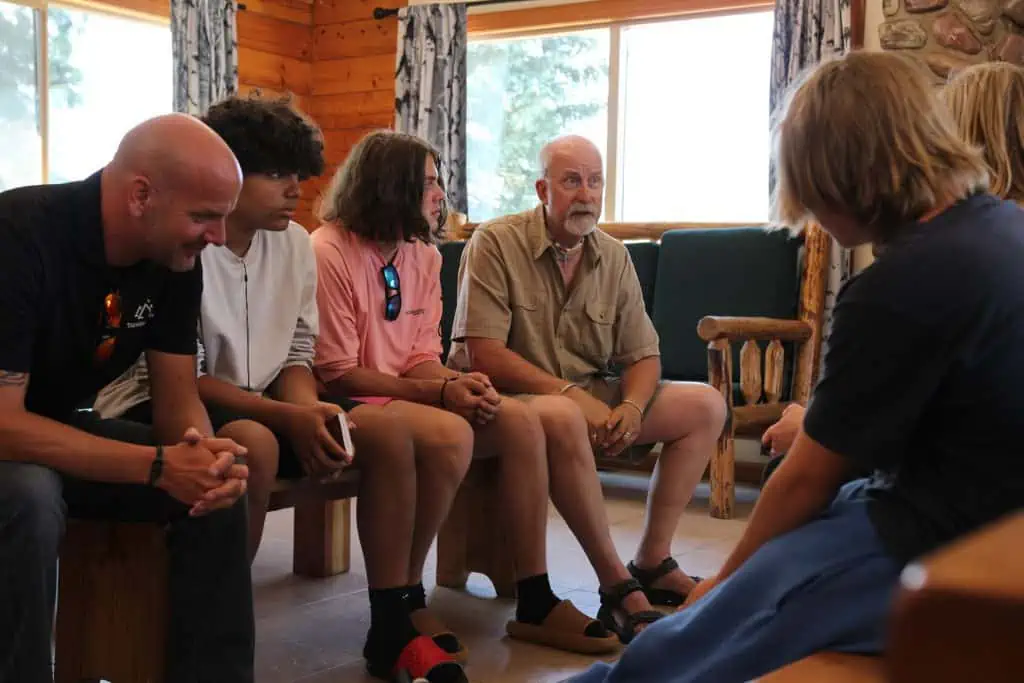
Turning Winds is much more than a therapeutic program—we are a vibrant community. We celebrate every milestone our teenage clients achieve, from the smallest vulnerable conversations to the most significant victories. Parents are integral members of our process, and we encourage their active involvement in their children’s journey. We take immense pride in the enduring […]
Effecting Positive Change in Treatment
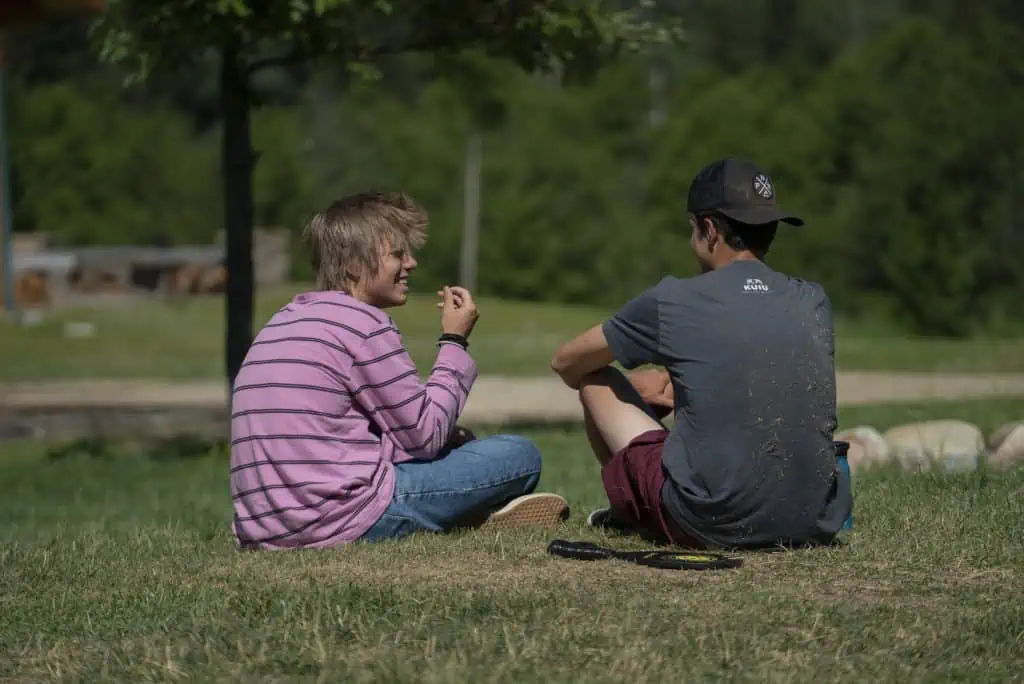
Turning Winds helps young people learn how to correctly perceive and purposefully engage with the world around them. The program’s holistic approach, relational focus, and emphasis on achieving authentic openness make Turning Winds especially effective at facilitating positive outcomes and long-term change. “The simple, singular focus of our treatment program is to help each student […]
Treatment as a Change in the Family System
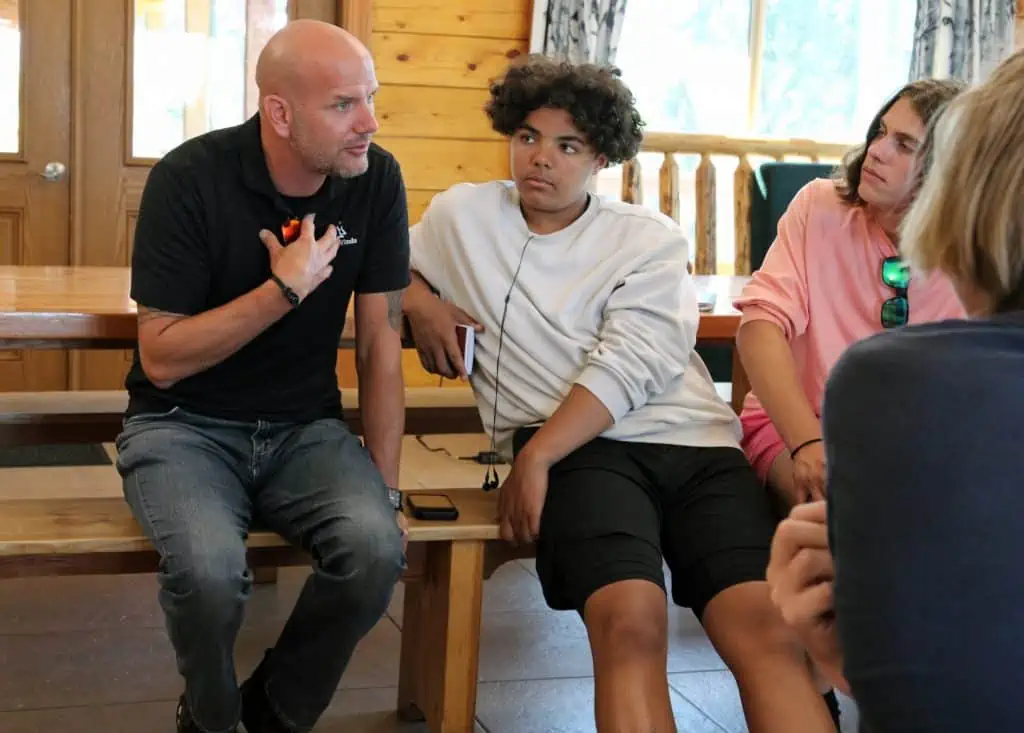
Families come first at Turning Winds. Two of our treatment goals are increasing the healthy autonomy of our students while promoting better integration into their families and assisting their return to live successfully within their family system after completing the program. Family connection is one of the 12 character virtues taught in our program: students […]
Three Factors That Predict Positive Long-term Treatment Outcomes

The Turning Winds team aims to engage parents as much as possible during the residential treatment phase and—most importantly—after their teen returns home. “Teens that have family, and particularly parents, involved in the treatment process, have better outcomes,” parenting expert Tim Thayne wrote in his book Not By Chance. “Parents who are engaged in the […]
Celebrating Milestones And Achievements In Adolescent Treatment Programs: A Guide For Parents

Treatment at Turning Winds typically takes a much of a year—nevertheless, it is only the beginning of a new life for your teen and your family. “The real test, for both you and your teen, comes after discharge,” author Tim Thayne advised parents in his book Not By Chance. “While both of you have made personal changes, […]
Engaging Parents in the Treatment Process at Turning Winds

Substance misuse and other mental health conditions frequently impact the entire family system, making them also relationship issues. Family engagement can play a vital role in recovery for individuals with substance use issues and their entire family system. Families often end up in turmoil—especially if the turmoil is centered on a teenage child. “They are […]
Treating Substance Misuse at Turning Winds
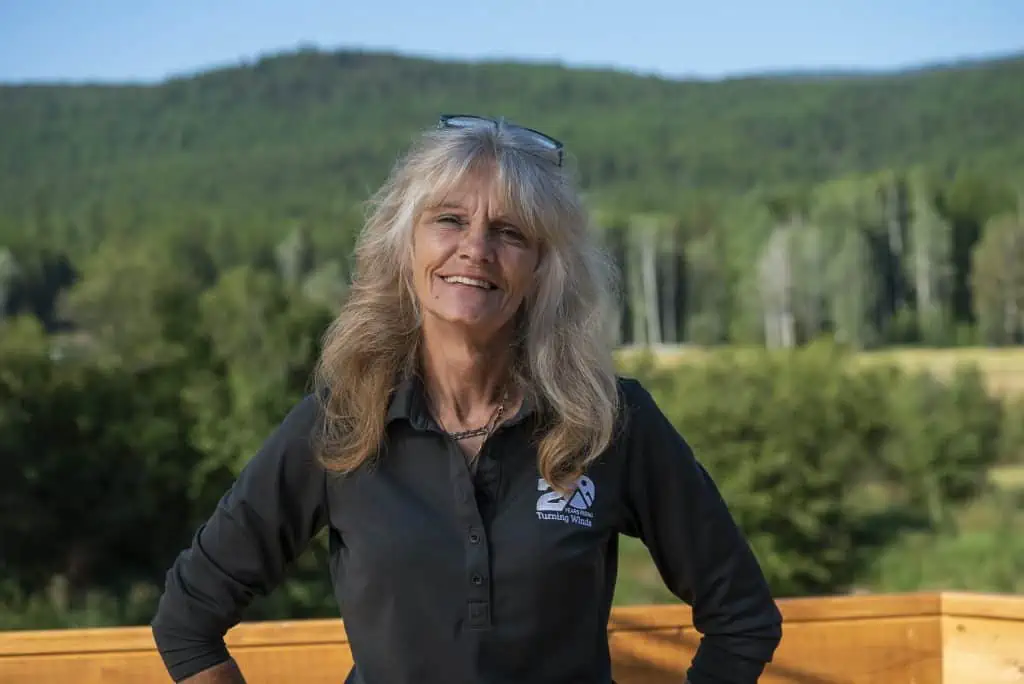
“Substance use among high school students decreased for some substances from 2011 to 2021,” reported the latest Youth Risk Behavior Survey published by the US Centers for Disease Control and Prevention (CDC) in February. “However, many students still used substances and the lack of progress in adolescents’ use of some substances is concerning. The percentage […]

